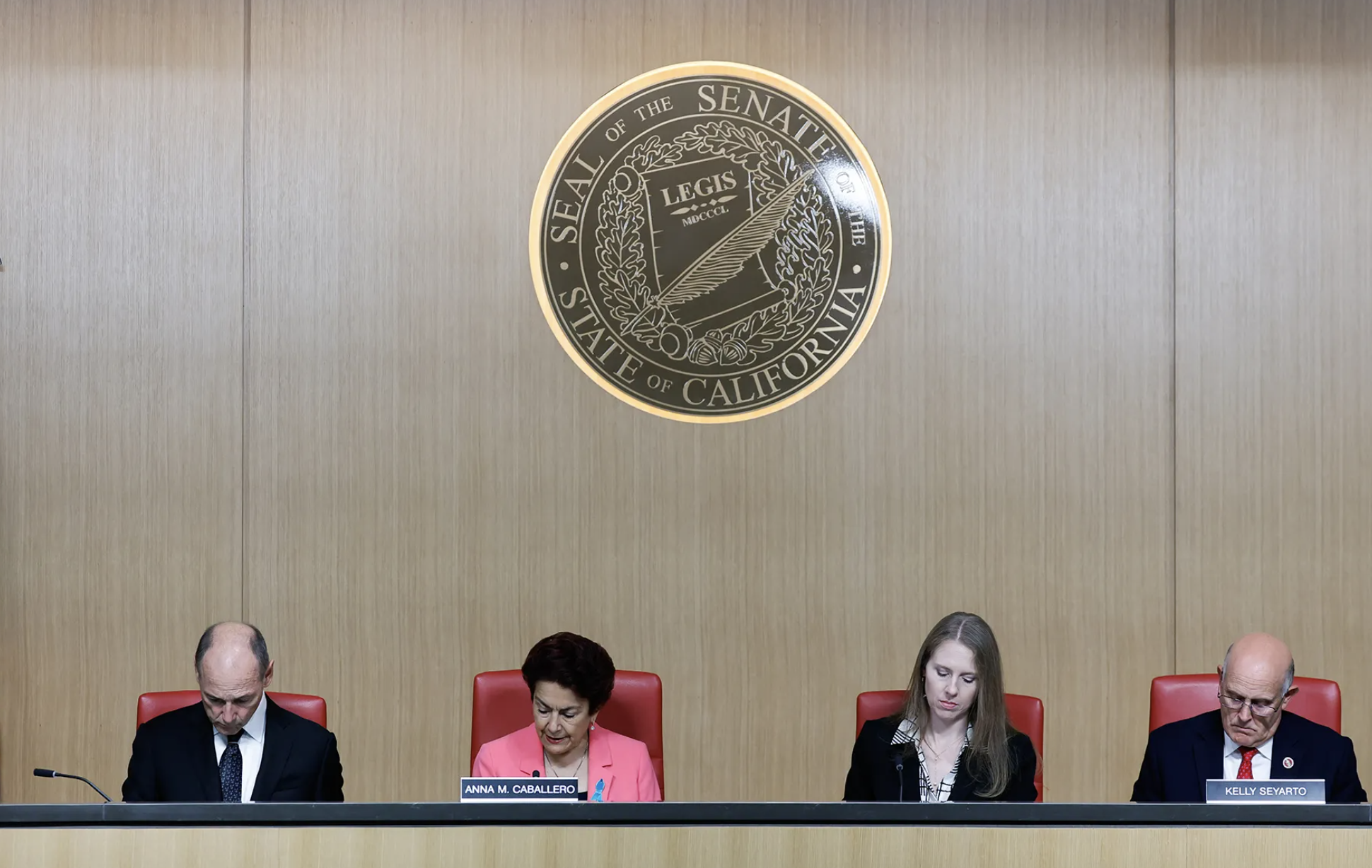California legislators had a chance this year to confront one of the most powerful yet least visible drivers of the state’s affordability crisis by regulating predictive pricing software. Instead, they pulled back, shelving or weakening bills that would have put limits on how algorithms set rents and consumer prices.
Predictive pricing systems operate by analyzing massive amounts of market data, including competitor listings, vacancy rates, and consumer behavior, and then recommending higher prices when they calculate that people will still pay. In housing, this means landlords using software that suggests rent increases across entire neighborhoods or cities, fueling price hikes that look like market trends but are actually coordinated algorithmic moves. In consumer markets, it can mean groceries, travel, and basic services are adjusted dynamically, often in ways that extract the maximum possible payment from each individual customer.
One of the most significant bills under consideration would have banned landlords and companies from using predictive pricing software to set apartment rental rates and other costs. Housing advocates saw it as a necessary check on practices that push rents upward across the state. That bill was killed in the appropriations process before it ever reached a full vote. Another bill that aimed to bar companies from using personal data to set individualized prices was pared back to apply only to grocery stores. This left consumers vulnerable in most other sectors, where businesses can still exploit online behavior, demographics, or even location to quietly manipulate what people pay.
These legislative decisions come at a time when Californians face some of the highest housing costs in the nation and a growing affordability squeeze in everyday expenses. Predictive pricing makes these challenges worse by amplifying cost pressures that families cannot control or even see. Unlike traditional competition, where price transparency allows consumers to shop around, predictive software obscures how and why prices change, leaving people with little recourse.
Without regulation, predictive pricing effectively undermines fair markets. When landlords across a region use the same software, the result looks like uniform rent inflation and in retail and services, individualized pricing risks creating a two-tiered system where some shoppers are quietly charged more than others based on their personal data. Both dynamics deepen inequality by shifting more costs onto those least able to bear them.
California has historically positioned itself as a leader on technology policy, often setting standards that ripple across the country. But by declining to move forward on predictive pricing reform, lawmakers have left one of the most immediate consumer harms of artificial intelligence untouched. Other AI-related measures covering catastrophic risk assessment, worker surveillance, and child safety advanced through the same process, showing that the legislature is willing to act in some areas. But when it comes to protecting tenants and consumers from algorithmic rent and price hikes, the political will fell short.

